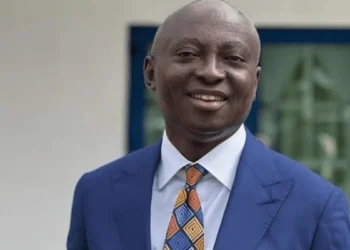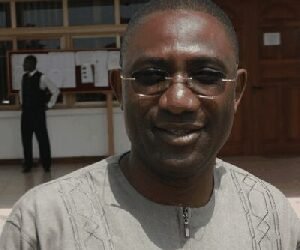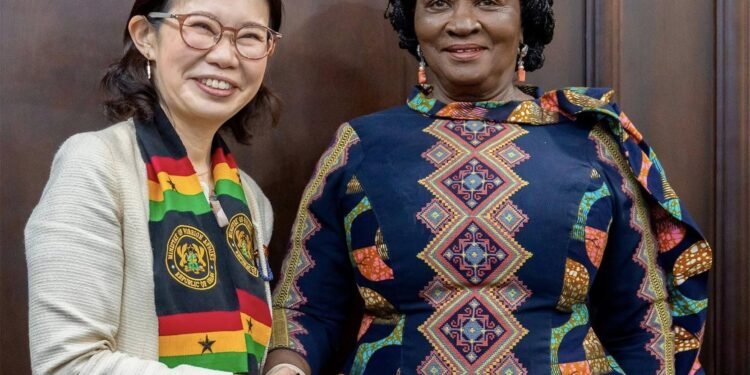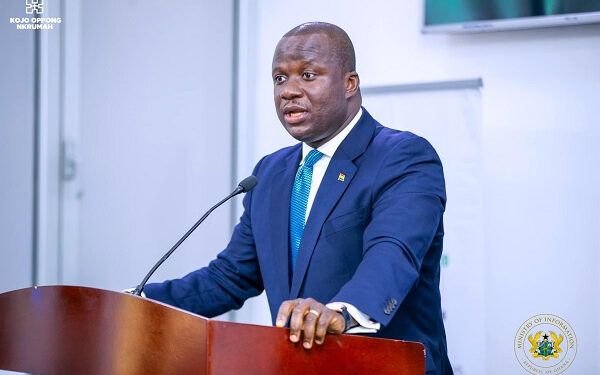According to Prof. Emmanuel Asante, former chairman of the National Peace Council, the consistent refusal of political parties to sign a peace pact during election years has long been a source of concern.
Prof. Asante emphasized that the Peace Council should not be deemed unsuccessful simply because political parties decline to sign a peace pact, since its mandate is to persuade, not compel, parties to cooperate.
He pointed out that the country has consistently held relatively peaceful elections, despite past incidents of electoral tension, which underscores the fact that the Peace Council has been successful in its mission.
“If it will be possible, I will support [the idea] that the peace pact should be leggally binding afterall, it is a formal written document between parties that they will commit themselves to peace and to acts that will promote peace. And in the case of infraction, they seek redress through law means”.
“In case of interactions there will be compensations, amends and reparation to those who have suffered as a result of the infractions”.
Prof. Emmanuel Asante
Prof. Asante added that if these measures are codified into law, making them legally enforceable, it would significantly enhance the Peace Council’s ability to persuade political parties to cooperate and come on board.
He noted that the current meeting between the NDC and the Electoral Commission is a positive development, given their history of difficulties in collaborating effectively, and represents a move in the right direction towards improved cooperation.
Prof. Asante expressed optimism that the meeting would yield a mutually beneficial agreement between the NDC and the EC, ultimately leading to a more peaceful and less tense political environment.
He nonetheless recognized that it is impossible to fully address the grievances of all political parties and individuals in any election, regardless of the country or context, due to the inherent complexities and limitations of the electoral process.
“But at least we should be able to promote some sort of an agreement to enable us pursue our elections peacefully”. – Prof. Emmanuel Asante
Raising Awareness, Key To Peace Council’s Success
Furthermore, Prof. Emmanuel Asante emphasized that the Peace Council must undertake a comprehensive public education campaign to raise awareness about its role, responsibilities, and mandate, thereby enhancing its visibility and effectiveness.
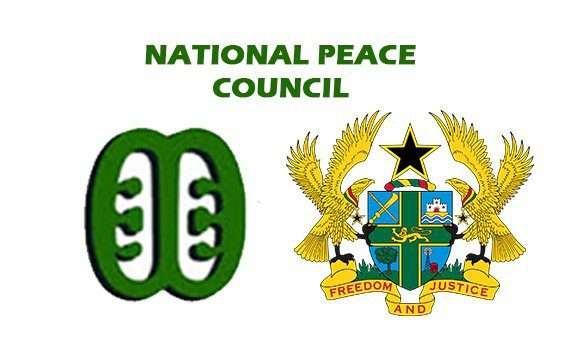
Prof. Asante suggested that one reason why some people perceive the Peace Council as failing in its duties is due to a lack of understanding about the Council’s mandate and responsibilities, stemming from a general knowledge gap.
He pointed out that this lack of understanding leads to unrealistic expectations from the public, who often assume the Council has the authority to take certain actions or make specific decisions that actually fall outside its designated scope of responsibilities.
“But at the end the Peace Council should also come open and let people know the kind of things they do even before elections. I know the amount of work the Peace Council has done [regarding] chieftaincy disputes in different areas and all that”.
“They have done and are doing a lot of work. Unfortunately, these are not things that come to the public so the public is not aware. I’ve heard people saying that they only come during elections. That is not the case at all”.
Prof. Emmanuel Asante
He added that the Peace Council’s primary mandate is to facilitate dialogue, foster peace, and bring people together, emphasizing its role as a catalyst for unity and reconciliation.
Prof. Asante credited the Peace Council with playing a crucial role in eradicating political vigilantism, in addition to the legislative measures passed by parliament aimed at addressing the issue, highlighting the Council’s significant contribution to this achievement.
“You see, they can only go that far as they don’t the power to prosecute if people do not abide by their own commitments”. – Dr. Emmanuel Asante
As such, he emphasized the importance of having a legal framework that supports and reinforces the work of the Peace Council, providing a solid foundation for its efforts and initiatives.
READ ALSO: The Generational Gap in the Music Industry: Bridging the Divide Between Older, Younger Musicians




